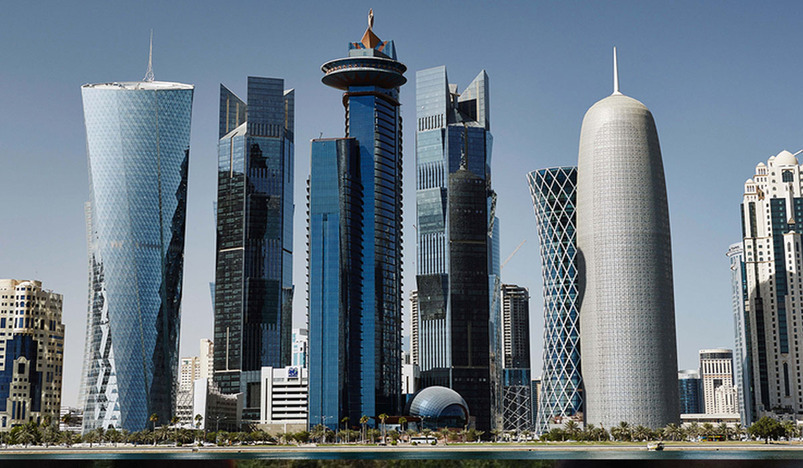
Setting Up Business in Qatar
Qatar is currently transforming its economy. For a long time, it’s been a significant producer and exporter of liquified natural gas (LNG) and oil, accounting for 50% of the country’s GDP. It’Anchors now seeking to use these revenues to diversify its industry
Currently, new free market strategies and low taxes are being implemented to make Qatar a main player in all economic sectors to attract investments and businesses from around the world. This diversification of the economy is Qatar’s mission to create jobs and opportunities, and to promote more entrepreneurship.
Apart from being an exceptional business environment, it’s also creating a high standard of living with new cultural attractions, advanced infrastructure, high quality schools and universities, and very low crime rates.
With so many opportunities in Qatar, it can be a compelling move for companies and workers. But before making any future investment, its best to know some important facts. Regarding business specifics in Qatar, here are five important things to know before making the leap.
Qatar Free Zones
Qatar Free Zones are areas located around the country designated for companies to operate with exemptions from corporate tax, individual income taxes and zero customs duties on imports.
These tax-free zones which allow for 100% foreign business ownership are meant to provide:
New infrastructure – land options, new offices, and convenient transportation
Skilled workforce – trained foreign workforce, and options for receiving visas.
Government backing – government funded backing for promoting business growth.
Currently there are two free zone locations:
Ras Bufontas Airport free zone – industries recommended for his location are logistics, consumer products, manufacturing, services, technology, and pharmaceuticals.
Umm Alhoul Port free zone – industries recommended for his location are maritime industries, polymers and plastics, manufacturing, and logistics.
Excise Tax Law
Since January 2019 a new law has taken effect that places taxes on the import, production, stockpiling and storing of Excise goods. This tax brings changes to all businesses that import, manufacture, or trade in Excise goods. These new obligations for taxpayers are applicable on the following goods, and their tax rates are:
Tobacco products: 100%.
Carbonated drinks (non-flavoured aerated water excluded): 50%.
Energy drinks: 100%.
Special purpose goods: 100% - special purpose goods include things that are consumed under specific conditions and authorizations such as pork and alcohol items.
Any person who deals with the importation or production of excise goods is required to register for excise tax purposes.
Social Security Contributions
Public-sector Qatari employees have their pensions covered, as well as some categories of private-sector workers, and Qatari citizens working in one of the Gulf Cooperation Countries (Bahrain, Kuwait, Oman, Saudi Arabia or United Arab Emirates).
Mandatory Qatari payroll laws require a contribution rate of:
Employers – 10% of gross payroll
Employees – 5% of gross earnings
Leave
Vacation days – From one to five years of employment workers are entitled to three weeks of vacation. After five years of employment workers are entitled to four weeks of leave.
Sick leave – After three months of employment workers are entitled to two weeks of fully paid sick leave. After this period employees can receive half their wage for up to four more weeks, and after this period leave is unpaid. Upon return from leave employees must submit a medical certificate.
Pilgrimage leave – Muslim workers are entitled to two weeks unpaid leave once during their service to fulfill pilgrimage obligations. Employers can specify how many employees take their leave annually and grant the employees with the longest continuous service priority.
Working Hours
Work weeks in Qatar usually run from Sunday to Thursday and consist of 40 to 48 hours. During the month of Ramadan workdays are shortened to six hours. Employees are entitled to at least one rest day per week with Friday or Saturday being the common rest days. Employees can work overtime, but daily work should not exceed ten hours. For overtime, employees should receive regular pay plus no less than 25%, and for overtime between the hours of 9pm and 6am they should receive regular pay plus no less 50%.
.jpg)
Qatar Secures Place Among the World's Top 10 Wealthiest Nations
.jpg)
Hamad International Airport Witnesses Record Increase in Passenger Traffic

Saudi Arabia: Any visa holder can now perform Umrah

What are Qatar's Labour Laws on Annual Leave?
Leave a comment